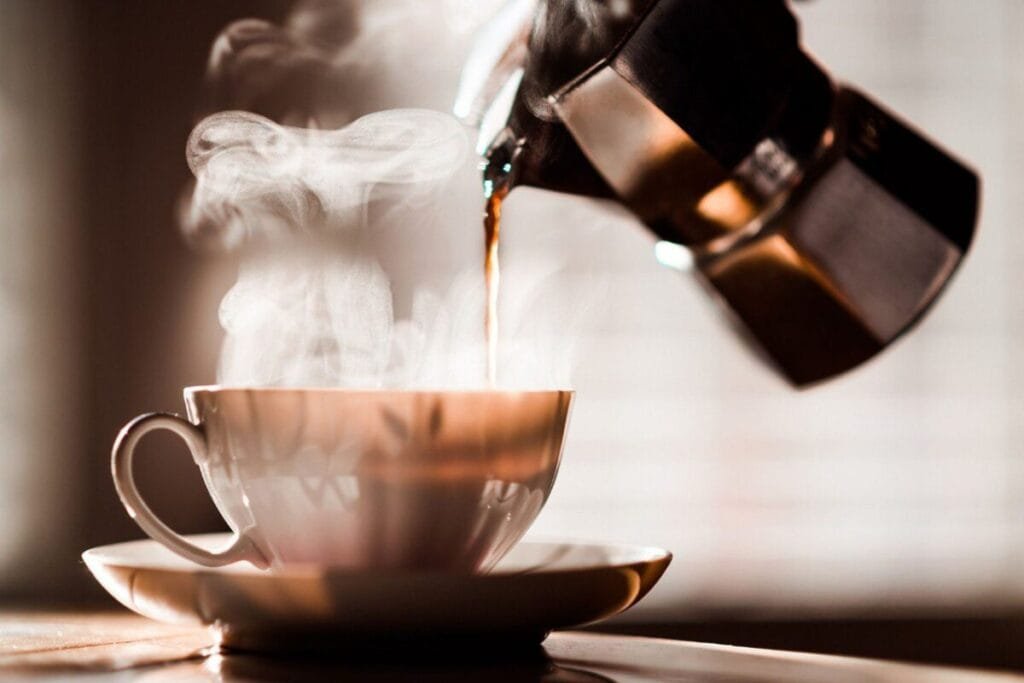1. Coffee is bitter
Contrary to popular belief, coffee well extracted is not completely bitter, it has different tastes and bitterness is one of them. Sourness, sweetness, and even saltiness in some cases can be tasted in coffee. Much like wine, coffee has unique flavors that are specific to its origin, variety, processing method, and roasting process. For instance, you can find flavors of Plum and Jaggery in Type B2 roasted by Kohi Roasters or of chocolate and caramel in El Diablo Blend of Third Wave Coffee Roasters
2. You need expensive equipment to make good coffee
Although Espresso is an expensive habit for home brewers, there are other ways one can brew good coffee at home. One can always turn to Manual Brews if they enjoy their coffee black. Check out brew guides for Pour Over, French Press, and Chemex. If you enjoy coffee with milk Aeropress or Moka Pot a.k.a Stove-top method makes a great cup of coffee that can be had with or without milk.
If you do not have any of the equipment mentioned, a channel/mesh/ strainer is enough to brew yourself a nice cup of coffee. Yes, a channel is all you need. Refer to the recipe in the brewing guides.
3. The darker the roast, the stronger the coffee
The caffeine content of green coffee beans remains unchanged during roasting, regardless of the roast level. However, the longer the roasting goes on, the more mass of the coffee decreases – the beans become less dense, losing moisture, so the caffeine level naturally increases. You can put in more dark roast beans in that 17 gm scoop. However, the difference in caffeine content with light and dark roasts is quite minimal.
4. Espresso has more caffeine than pour over
A pour-over coffee contains more caffeine than an espresso: a cup of espresso contains 80 to 90 mg; a mug of filter coffee, 100-200 mg. The difference is due to the longer time water spends with coffee grounds in a pour-over or any other drip coffee method, as opposed to espresso.
5. Decaf is caffeine free
Decaffeinated or Decaf coffee in not entirely free of caffeine. While the decaffeination process removes, 97% of caffeine, decaf coffee contains some caffeine content.
6. Coffee is bad for your nerves
Caffeine has a stimulating effect that makes you more alert, increases your heart rate, enhances cognitive function, reduces fatigue, and improves your reaction times
Post navigation
Next Post


